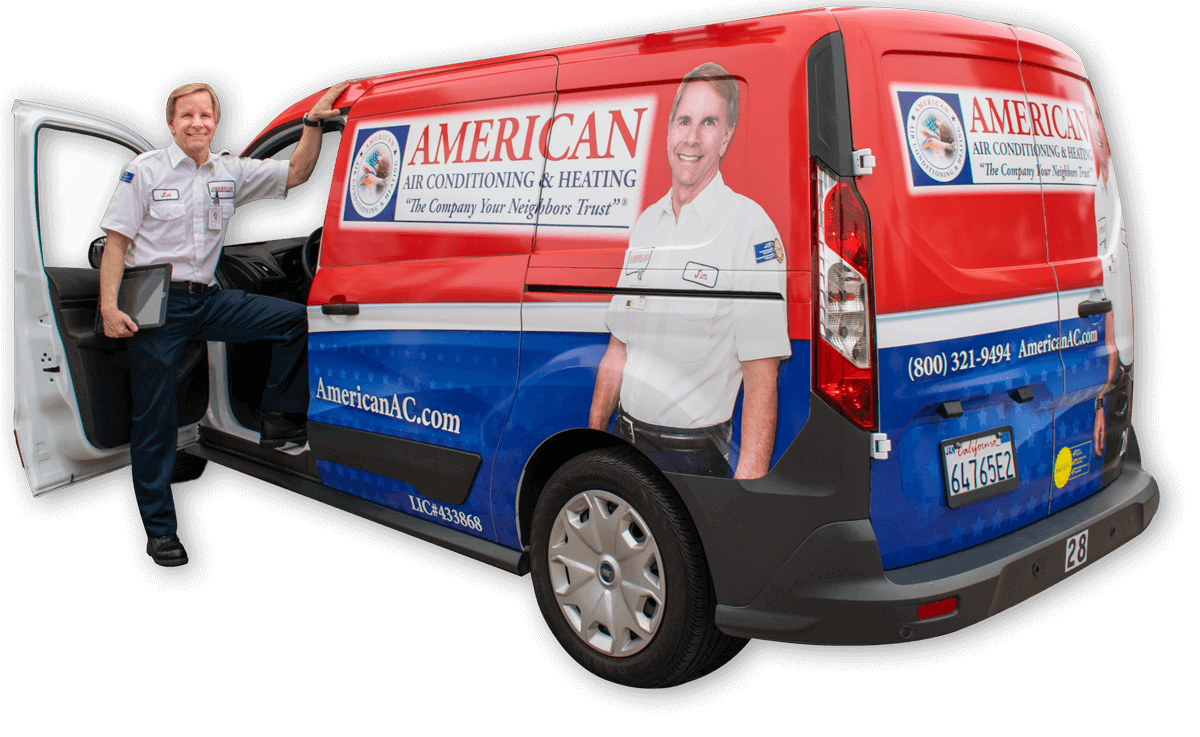Homeowners often pay more attention to aesthetics and comfort instead of safety. It’s evident in the way they prefer dealing with noisy pipes and chipping paint over a faulty furnace. Who can blame them though? A problem in the heat source isn’t that easy to detect. It’s not advisable to do DIY inspections and repairs as well. If you’re one of these homeowners, you should hire professionals in the field of furnace servicing.
Disregarding your furnace’s condition is akin to putting your lives and home at risk of a house fire. As you know, a faulty home heating system is one of the major causes of house fires. To minimize the risk for such, you need to have your furnace checked, repaired, and replaced accordingly.
How Old Is Your Furnace?

A furnace isn’t built to last forever. It can only remain operational for around 15 to 20 years. Due to improper use and lack of maintenance, it’s bound to go obsolete earlier than expected.
The first step in avoiding furnace-induced fires is knowing the age of your heating system. But, this can be a challenging step if you possess an older house. You may inquire from the realtor or previous owner. Hope isn’t lost in case they fail to answer your queries or if you can’t contact any of the two. You can refer to a professional furnace inspector instead.
Knowing the age helps you and your inspector determine whether you need a new furnace or not. Some signs that your furnace is old include noisy operation, frequent malfunctions, and obsolete safety features. In addition to the age of your heating system, you should be mindful of the following things:
Blocking Air Flow and Surrounding the Furnace with Combustible Items
Ample airflow is necessary for a furnace to complete its combustion process. To meet such requirements, there should be space surrounding the main heating system.
Professional furnace installers are aware of this requirement so they ensure that there’s enough space where they’re going to place the heating system. But, many homeowners often end up crowding the main equipment with numerous items like wood, cloths, boxes and shelving. This is especially true during summertime. They won’t mind the accumulation of items around the furnace even until wintertime.
Blocking the airflow around the furnace is problematic enough. Surrounding your heating system with combustible items is bound to cause more dangers.
The blockage can cause the furnace to overheat. An older equipment will further increase the risk as well. Overheating will likely damage the heating system and start a house fire. With the combustible items around it, the fire will easily spread.
Prevent this problem by ensuring that your furnace won’t overheat. Avoid blocking airflow with items you typically store in your basement or near the heating system.
Dealing with Problematic Pilot Lights

Brand-new furnaces are equipped with safety switches that automatically shut off the pilot lights when the latter has problems. Many homeowners find this troublesome. However, this can give you peace of mind when compared to pilot lights that don’t operate properly.
In contrast, their older counterparts don’t have such safety feature. When the pilot lights become problematic, they’ll just ignite or won’t shut off, making you at risk of house fire.
The presence of the said safety feature is one way for a professional furnace inspector to find out the age of the equipment. Without such, he’s likely to advise replacement. At first glance, replacement may seem more expensive than maintaining an old furnace. However, you can weigh the peace of mind and safety you’ll attain over time, and you’ll know getting stressed due to an old furnace isn’t worth it.
Encountering Natural Gas Leaks
No leak is big or small when it comes to furnaces. If you have an electric type, you won’t have to worry about natural gas escaping the fixture. However, such is often more expensive. Thus, it’s only reasonable for many homeowners to go for furnaces that are powered by natural gas.
Due to poor materials or old age, your furnace may have holes or thinning parts. Gas may leak in such parts. A small leak can lead to a small explosion. An explosion is an explosion, regardless of the magnitude. You shouldn’t feel at ease when you smell something nasty near your furnace.
A bad smell is the first and only sign you can rely on to determine whether or not there’s a gas leak in your furnace. Nevertheless, it will be
What Should You Do?

Air conditioning repairman working on a compressor and giving a thumbsup.
Before you buy a new home, you should ask about the age and condition of furnace. In case you’re not getting a new house anytime soon, it’s not too late to get to know your existing furnace. You can look for a professional furnace inspector to help you carry








